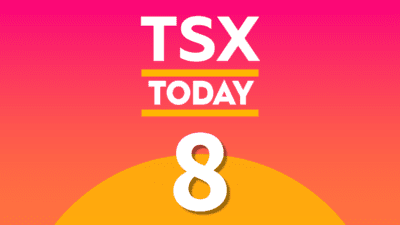Most Canadians believe home ownership is a smart financial move, but in many ways a house is a large liability masquerading as a safe asset.
After watching real estate soar over the past decade, the average Canadian thinks their home is a great investment. The number one place to stash their wealth, even. In a study published last month by Manulife, the majority of people surveyed now believe housing is the best long-term investment you can make, beating out stocks, bonds, and gold.
There are a number of good reasons for buying a home—a sense of ownership, a long-term place to live, a good neighborhood, etc. However, it’s dangerous to think of your home as something that is going to provide a lot of money to retire on.
Here are nine reasons why home ownership is overrated as an investment.
1. Lousy returns: According to Yale economist Robert Shiller, Canadian housing prices have increased by less than 0.5% annually since 1895 adjusted for inflation. Even worse, Shiller left out many hidden costs, such as repairs, transaction fees, and property taxes, which homeowners rarely factor into their returns.
2. Too expensive: According to The Economist, housing prices across the country have risen 53% faster than rents since 1975. As a result, it has never been less affordable to own a home relative to renting.
3. Too much debt: A mortgage is a big fixed cost in a variable world. What if you lose your job or business slows? Incomes can change wildly, but your housing costs remain the same.
4. It’s a bad career move: A promotion or job change could require you to relocate on short notice. Owning a home can hold back your career, but you’ll never see this hidden cost mentioned on MLS.
5. No diversification: Most Canadians are pursuing a one asset strategy, betting their entire net worth on a single property. That’s fine if interest rates remain low and housing prices continue to rise. But if the market hits a pothole, homeowners could be wiped out.
6. Better alternatives: Renters, on the other hand, can easily diversify their portfolios across stocks, bonds, and other asset classes. If your heart is still dead set on becoming a property mogul, real estate investment trusts are a far better option. Canada’s largest landlords, such as H&R REIT (TSX:HR.UN), Dream Office REIT (TSX:D.UN), and RioCan Real Estate Investment Trust (TSX:REI.UN), provide steady monthly income with a click of the mouse.
7. No liquidity: Real estate liquidity can dry up fast—just ask anyone with a home for sale in Calgary. It can take months to sell your house, even in a decent market. If you need to raise cash fast, be prepared to take a big haircut.
8. You’re a surf: Because the government has the power to tax your property, “owning” a house is just like sharecropping. You have to work, maintain, and pay all the cost associated with the land. In exchange, you’re allowed to stay on the property as long as you pay the annual rent (er, taxes).
9. You never really own anything: That is, unless the government decides it wants your house. Because all land is subject to eminent domain, the government can take your property at any time if it decides it would be in the “public’s interest.”








